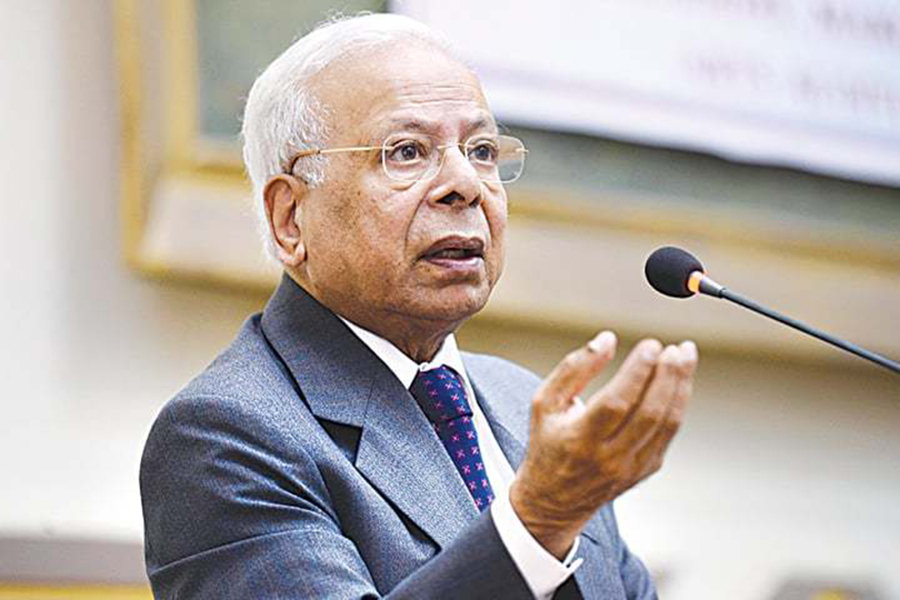Regional integration in South Asia would be ‘a win-win for all’: Dr Ishrat Husain

Published :
Updated :

Regional integration in South Asia is not only achievable but would bring mutual benefits to all participating nations, said Dr Ishrat Husain, economist and former Governor of the State Bank of Pakistan.
He made the remarks while addressing an event titled “Turbo Charging South Asian Capital Markets (Dhaka Chapter)” held at the Sheraton Dhaka on Tuesday. The programme was organised by InfoTech Private Limited in association with its local coordination partner, Data Edge Limited.
Dr Husain noted that the global geopolitical landscape is witnessing a major transformation. A world once defined by openness, liberalisation, and integration is now moving toward fragmentation, protectionism, and isolation. Ironically, he said, the very nations that once championed free trade and open markets are now reversing course.
This reversal, he observed, has weakened the “winds of change” that once enabled developing countries to reduce poverty, expand their share of global trade, attract foreign capital and remittances, and access advanced technologies.
As major economies such as the United States, China, and European nations shift toward near-shoring, in-sourcing, and friendly-shoring to secure their supply chains, Dr Husain stressed that developing nations must enhance bilateral and regional trade partnerships to stay competitive and resilient.
Focusing on South Asia, he pointed out that despite its vast potential for cooperation, the region remains the least economically integrated in the world. Before 1947, South Asia functioned as a single, interconnected economic unit—with shared history, legal frameworks, and administrative systems—that, he said, still provides a strong basis for renewed regional collaboration if political will exists.
Endorsing his views, Dr Anisuzzaman Chowdhury, Special Assistant to the Chief Adviser and Deputy Finance Minister, emphasised that the Bangladesh Securities and Exchange Commission (BSEC) should take the lead in promoting bilateral engagements and policy dialogues with Pakistani experts to strengthen cooperation.
Speaking as the chief guest, Dr Anisuzzaman made a striking observation, saying that “the Third World War has already begun—though in a different form than the first two.”
Drawing parallels with the pre-Second World War era, he said the current geopolitical and economic climate bears similarities, marked by fragmentation, protectionism, and spreading regional conflicts. He cited ongoing tensions such as the Pakistan-India standoff and the Middle East crisis as signs of a global conflict evolving in new forms.
“This war is being fought not with weapons on battlefields, but through technology, cyber warfare, and economic disruptions,” he said.
Despite the challenges, Dr Anisuzzaman highlighted a positive trend of growing global connectivity through technology. He noted that people worldwide are increasingly uniting for shared causes—such as global demonstrations in solidarity with Gaza—which he described as “a reflection of humanity’s collective conscience.”
The event also featured addresses from Ugas Sheikh Mohamed, Chairman of the Capital Markets Authority of Kenya, who discussed the role of regulators in promoting market growth, along with Naveed Qazi, CEO of NCCPL Pakistan, and Zahid Latif Khan, Chairman of ZLK Securities and Director of PMEX, who spoke on financing, risk management, and the development of Islamic capital markets.
farhan.fardaus@gmail.com


 For all latest news, follow The Financial Express Google News channel.
For all latest news, follow The Financial Express Google News channel.